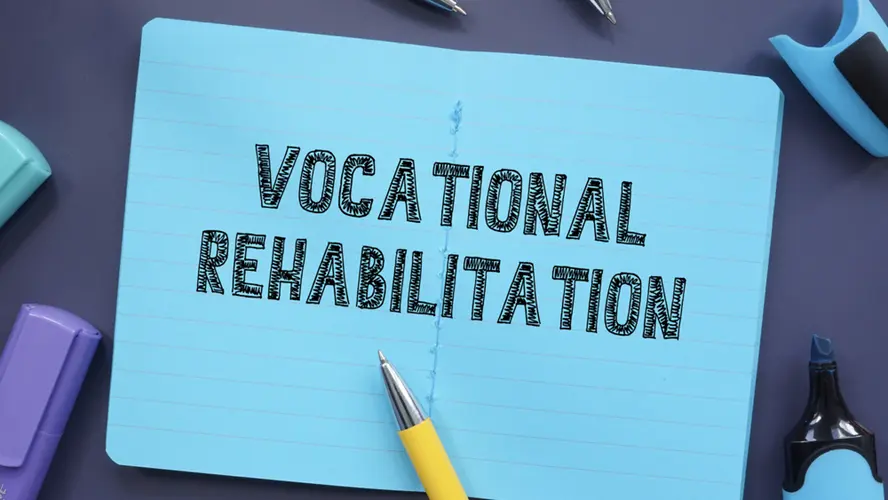The Role of Vocational Rehabilitation in Georgia Workers’ Compensation Cases
Understanding Vocational Rehabilitation
Vocational rehabilitation services play a crucial role in aiding injured workers to regain their independence and reintegrate into the workforce in Georgia. By focusing on physical and mental recovery, vocational rehabilitation assists injured workers in transitioning back to work safely and swiftly, ensuring a successful and sustainable return.
The Georgia Workers’ Compensation System
Workers’ compensation laws in Georgia provide benefits and rights to employees who suffer work-related injuries. These laws aim to protect workers’ rights to medical treatment, disability benefits, and vocational rehabilitation services, ensuring they receive the necessary support throughout their recovery journey.
Importance of Vocational Rehabilitation in Georgia
Vocational rehabilitation holds immense importance in Georgia as it helps injured workers overcome physical limitations and disabilities. By addressing the functional aspects of recovery, vocational rehabilitation contributes to increased self-esteem and improved psychological well-being, enabling individuals to regain their confidence and purpose.
Returning to Work Safely and Swiftly
One of the primary goals of vocational rehabilitation is to facilitate a safe and timely return to work for injured individuals. Job placement and retraining programs help identify suitable employment options, while skill development initiatives equip workers with the necessary tools to succeed in new roles or industries.
Customized Rehabilitation Plans
Vocational rehabilitation services in Georgia revolve around developing individualized plans for injured workers. Through comprehensive assessments, these plans consider the unique abilities, limitations, and goals of each individual, ensuring a tailored approach that maximizes the chances of successful reintegration.
Collaborative Approach
Vocational rehabilitation in Georgia involves a diverse team of professionals, including medical experts, vocational counselors, and employers. This collaborative effort ensures that all stakeholders work together towards a common goal of facilitating the injured worker’s recovery and successful return to work.
Utilizing Vocational Rehabilitation Benefits
Georgia Workers’ Compensation covers various vocational rehabilitation services such as vocational assessments, counseling, job search assistance, and placement services. Injured workers are entitled to these benefits to aid them in their journey towards returning to gainful employment.
Rehabilitation Provider Network
The success of vocational rehabilitation heavily depends on the expertise and qualifications of the vocational rehabilitation specialists involved. When selecting a rehabilitation provider, it is crucial to ensure they possess the necessary certifications and experience to provide effective and tailored services.
Challenges and Solutions
While vocational rehabilitation is indispensable, navigating through the complex landscape of workers’ compensation and coordinating efforts between multiple stakeholders can pose challenges. Addressing barriers such as limited awareness and coordination issues will contribute to improved rehabilitation outcomes.
Success Stories
Real-life success stories demonstrate the effectiveness of vocational rehabilitation in Georgia. These stories highlight the transformative impact of rehabilitation services on the lives of injured workers and the positive ripple effect on their families, communities, and the overall economy.
Future of Vocational Rehabilitation in Georgia
As vocational rehabilitation advances, it will continue to evolve to meet the changing needs and advancements in technology. The integration of assistive technologies, ongoing training, and constant improvement will enhance vocational rehabilitation’s effectiveness in helping injured workers reclaim their lives.
In conclusion, vocational rehabilitation services in Georgia form an integral part of the workers’ compensation system. By providing tailored support, rehabilitation enables injured workers to regain their independence, self-worth, and successfully reintegrate into the workforce, benefiting both individuals and society as a whole.
